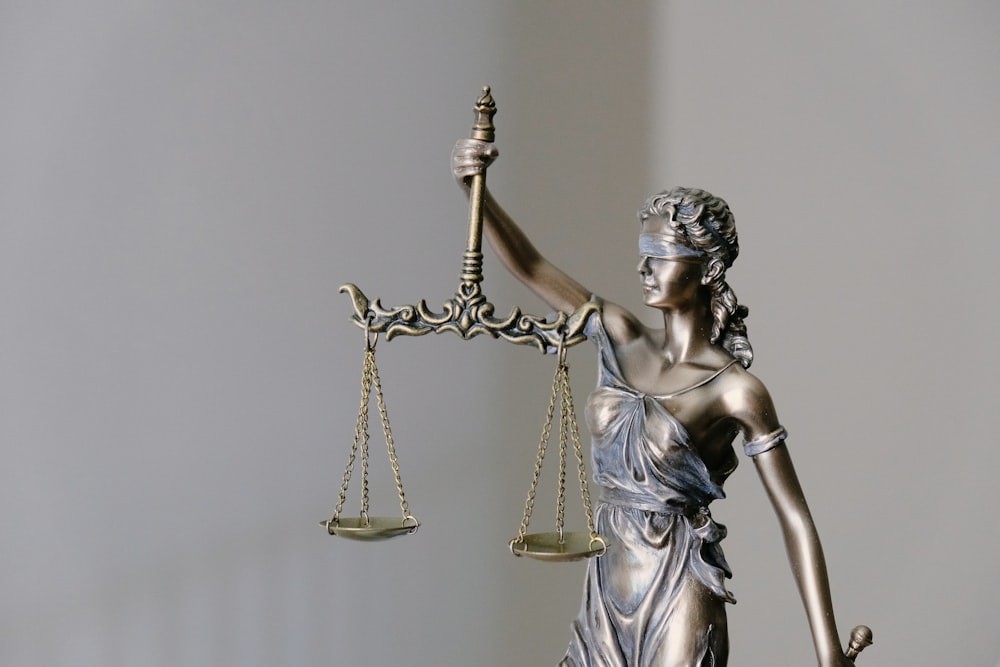Navigating Justice: Unraveling Legal Procedures
3 min read

Navigating Justice: Unraveling Legal Procedures
Legal procedures form the intricate pathways through which justice is sought and administered within the legal system. This article delves into the nuances of legal procedures, exploring their significance, stages, and the crucial role they play in ensuring a fair and systematic dispensation of justice.
Foundation of Fairness: Understanding Legal Procedures
At the heart of a just legal system lie well-defined legal procedures. These procedures serve as the foundation of fairness, ensuring that legal matters are conducted in an orderly, consistent, and transparent manner. Understanding the intricacies of legal procedures is essential for all parties involved, from litigants to legal professionals.
Commencement: Initiating Legal Actions
Legal procedures often commence with the initiation of legal actions. Whether through filing a complaint, petition, or indictment, this stage sets the wheels in motion for the legal process. The commencement phase requires precision in adhering to procedural rules, marking the formal beginning of a legal matter.
Pleadings and Responses: Shaping the Legal Landscape
The exchange of pleadings is a crucial stage in legal procedures, where parties present their claims, defenses, and responses. Pleadings shape the legal landscape by outlining the issues in contention, establishing the parameters of the case, and laying the groundwork for subsequent stages. Attorneys craft these documents strategically to present a compelling narrative.
Discovery Process: Unveiling Evidentiary Truths
Legal procedures incorporate a robust discovery process, where parties gather evidence to support their claims or defenses. Through methods such as depositions, interrogatories, and document requests, the discovery phase unveils evidentiary truths. This stage is pivotal in ensuring a thorough examination of the facts before proceeding to trial.
Pre-Trial Motions: Navigating Procedural Challenges
Before reaching the trial stage, legal procedures include pre-trial motions. These motions address procedural challenges, such as seeking dismissal of certain claims, compelling discovery, or resolving legal issues before the trial begins. Pre-trial motions allow parties to address specific aspects of the case efficiently.
Trial: The Crucible of Legal Procedures
The trial is the crucible where legal procedures culminate. It is the stage where evidence is presented, witnesses are examined, and legal arguments are vigorously debated. The trial is the pinnacle of legal procedures, requiring adherence to rules of evidence, courtroom decorum, and the principles of fair play.
Post-Trial Procedures: Resolving Aftermaths
Legal procedures extend beyond the trial with post-trial processes. These may involve motions for a new trial, appeals, or enforcement of judgments. Post-trial procedures ensure that the legal matter is fully resolved and that parties have avenues for seeking redress or challenging the outcome.
Appeals: Reviewing Legal Decisions
A critical component of legal procedures is the appellate process. Appeals provide a mechanism for parties dissatisfied with trial outcomes to seek a review of legal decisions. Appellate courts assess whether errors occurred during the trial that warrant a reversal or modification of the lower court’s decision.
Enforcement of Judgments: Finalizing Legal Actions
Legal procedures encompass the enforcement of judgments, ensuring that the outcomes of legal actions are implemented. This stage involves mechanisms to compel compliance with court orders or monetary judgments. Enforcement adds a layer of efficacy to the legal system, turning legal victories into practical resolutions.
For a deeper exploration of legal procedures and their role in the pursuit of justice, visit Legal procedure. Navigating justice involves unraveling the complexities of legal procedures, understanding their stages, and appreciating their role in upholding the principles of fairness and due process.






